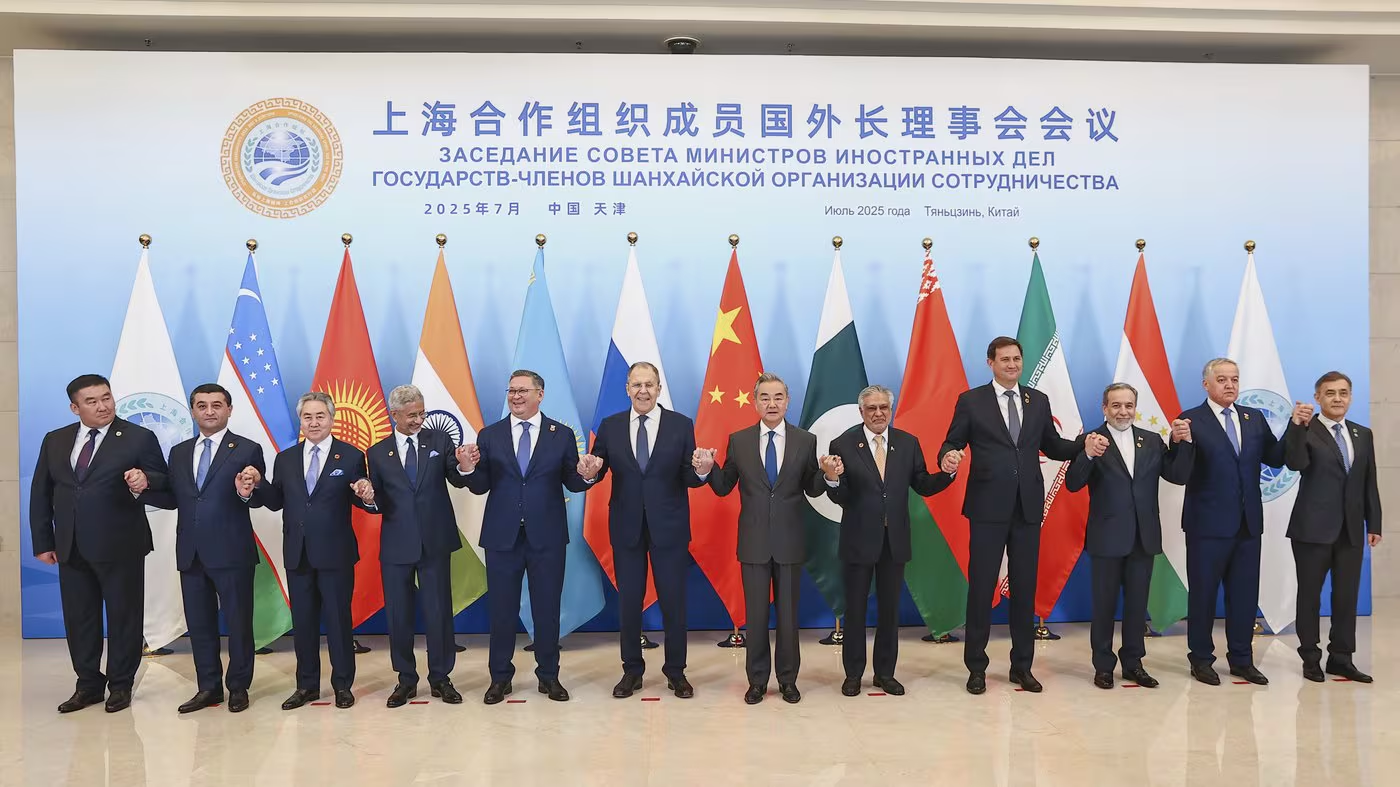American companies operating in China are reporting record-low new investment plans for 2025, along with declining confidence in their profitability, according to a new survey released Wednesday by the US-China Business Council (USCBC). The findings reflect growing concerns over US-China tensions, President Donald Trump’s tariffs, and China’s slowing economy.
“Businesses in China are less profitable now than they were years ago, but risks—including reputational, regulatory, and political—are increasing,” said USCBC President Sean Stein. The council represents major U.S. multinationals doing business in China.
The survey, conducted between March and May with responses from 130 member companies, comes amid ongoing friction between Washington and Beijing over trade restrictions, export controls on critical technologies, and geopolitical uncertainties. Despite recent high-level talks in Geneva and London, no lasting trade deal has been reached, keeping businesses on edge.
Key takeaways from the report include:
- No New Investment Plans: Over 50% of U.S. companies surveyed said they have no new investment plans in China this year — the highest percentage ever recorded by USCBC.
- Profitability Concerns: Weak domestic demand and industrial overcapacity in China are eroding profitability for many American firms.
- Export Control Fallout: Around 40% of companies reported losses from U.S. export restrictions, citing lost sales, broken client ties, and reputational damage.
- Relocation Trend: A record 27% of firms plan to relocate operations outside of China — a significant jump from 19% last year.
- Cautious Optimism: While 82% of firms reported profits in 2024, fewer than half expressed optimism about the business outlook in China.
Kyle Sullivan, USCBC’s Vice President of Business Advisory Services, emphasized the unprecedented nature of this shift. “This is a new development we’ve not observed in previous surveys,” he said.
High-tech export controls aimed at curbing China’s military growth have hit several firms. Yet companies like Nvidia recently received permission to resume sales of its AI-focused H20 chips to China, though its most advanced models remain restricted.
Stein warned that poorly targeted export controls could backfire: “If the U.S. exits, competitors from Europe, Japan, or even China will fill the gap instantly.”
Interestingly, traditional concerns such as China’s regulatory environment, intellectual property risks, and limited market access did not rank among the top five issues for American companies this year — a first. Stein noted that this doesn’t indicate improvement in China, but rather the emergence of new, more pressing challenges, many of which now stem from U.S. policy itself.
The USCBC report echoes findings from the European Union Chamber of Commerce in China, which in May also reported a pullback in European investment amid China’s economic slowdown and mounting competition.
Despite all the hurdles, nearly all U.S. companies agreed that their global competitiveness would suffer without operations in China — underlining the country’s continued importance as both a market and a supply chain hub.



